Why you probably didn’t hear everyone talking about these major terror attacks
- Share via
Is there really zero media coverage when terrorist attacks happen in countries outside Europe and the U.S., as many have alleged on social media?
Of course not: Many outlets cover the Middle East and Africa, and recent attacks in both have garnered headlines worldwide. Still, some social media users insist entire portions of the globe are ignored. Why?
The answer is complicated. The truth is, these stories are covered by the media, though certainly less thoroughly when a bomb goes off in Baghdad as opposed to Brussels. The perception of what gets covered, and what doesn't, reflects how people view and relate to the world and to their location, according to terrorism and media experts.
Professor Robert Pape of the University of Chicago heads the Chicago Project on Security & Terrorism, which studies and tracks suicide bombings around the globe. He said that when people learn about a terrorist attack, it evokes more fear when it happens in a place they've visited or thought of visiting, or if they know someone who lives or has traveled there.
It boils down to empathy and how easily we can visualize ourselves in the proverbial shoes of the victims. Professor Alexa Tullett teaches psychology at the University of Alabama and studies empathy and how people understand and relate to major events. Her work supports the idea that people just have trouble empathizing with people who live entirely different lives.
Basically, when attacks happen in Paris or Brussels, many people in the developed world can easily imagine themselves becoming a victim -- can see themselves watching a concert in France or boarding a train in Belgium. Movies and TV shows are regularly filmed in Western Europe. And although news organizations often have bureaus or reporters in major European countries, they rarely have dedicated correspondents in places like West Africa.
"Terrorism is a personal issue," Pape explained. And proximity is part of that: Attacks in Europe are much closer to us, geographically, than attacks in Nigeria or Iraq.
It's also a matter of empathy fatigue: We lack the emotional capacity to feel bad for every single person every time something bad happens.
"It's not pleasant to experience these negative emotions when you hear about the suffering of other people, so naturally we feel selective about who we have that empathy for," Tullett said. Race is a part of it, but not all of it, she said: "If there are a lot of barriers to picturing ourselves in those situations, it's just harder for us to go through. It takes a lot of effort and it doesn't come naturally."
This all creates something of a vicious cycle for news outlets. News is by definition the unusual and unexpected, so the rare attack in Brussels will generate more page views and clicks and shares than, say, a suicide bombing in Baghdad. And because there's obvious interest, more follow-up stories are written.
As a result, those same news consumers might see less coverage from a portion of the world less familiar to them -- and so have fewer opportunities to empathize with the victims. And so on.
In addition to the terrorist attacks in Paris and Brussels, here are some of the attacks that have taken place around the world in the last six months.
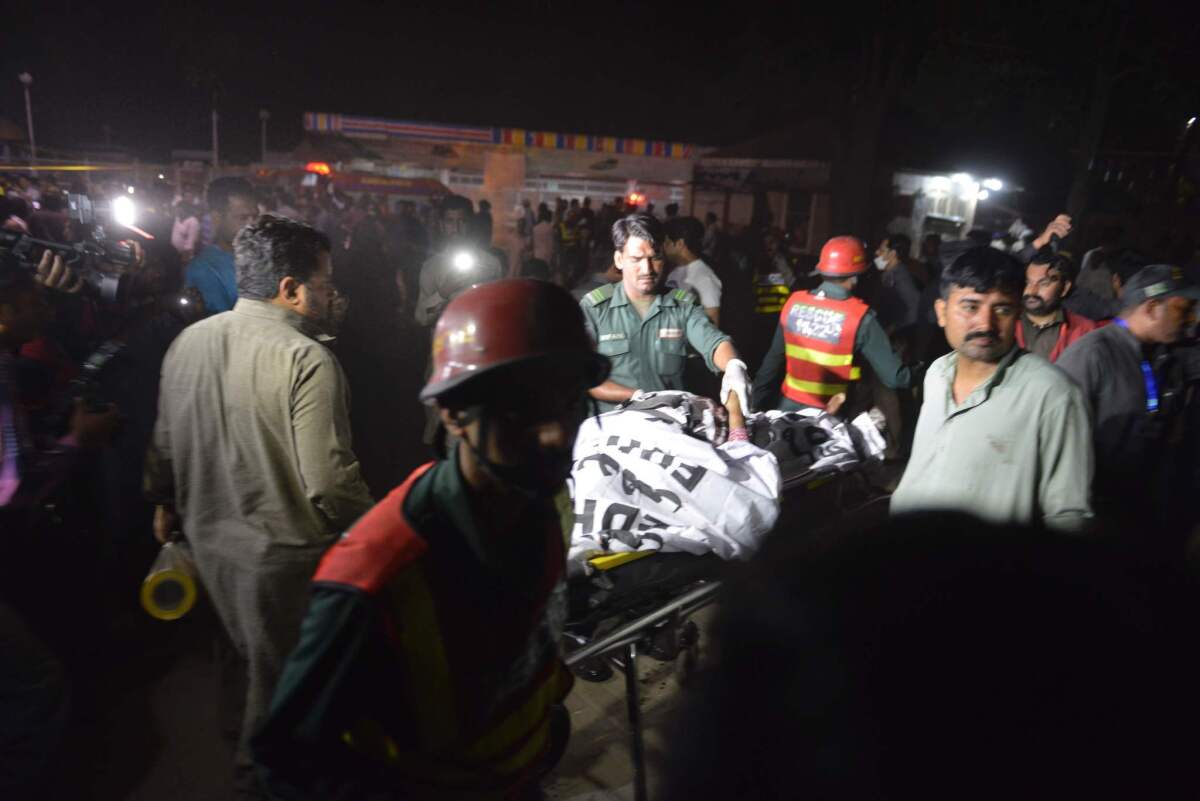
Lahore, Pakistan: At least 70 people died on Easter Sunday when a suicide bomb went off at a public park. Most victims were women and children. Facebook activated its Safety Check feature, which invites people near a disaster or terrorist attack to quickly notify Facebook friends that they are safe. The company didn't get the geolocation quite right, however, and the feature alarmed and confused people worldwide.
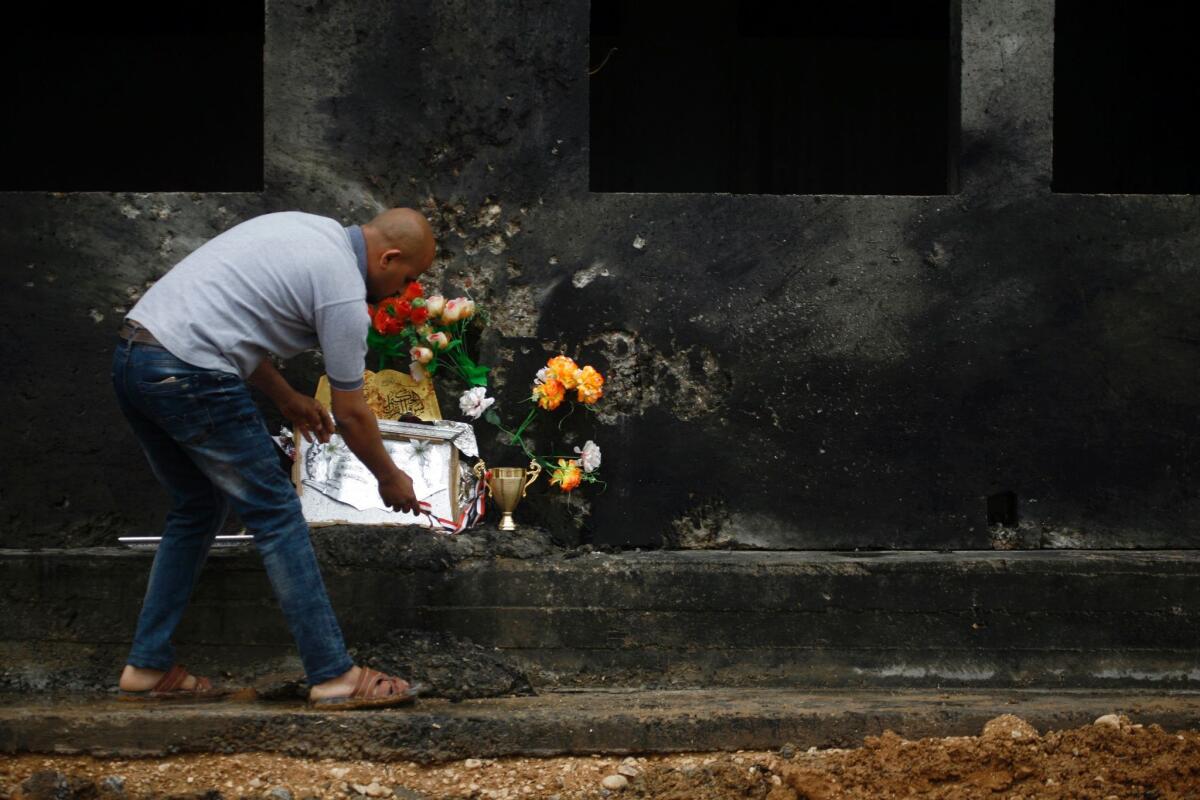
Iskandariya, Iraq: Two days before the Easter attack on Lahore and just a few days after the attack in Brussels, a suicide bombing at a stadium 30 miles outside of Baghdad killed 41 people.
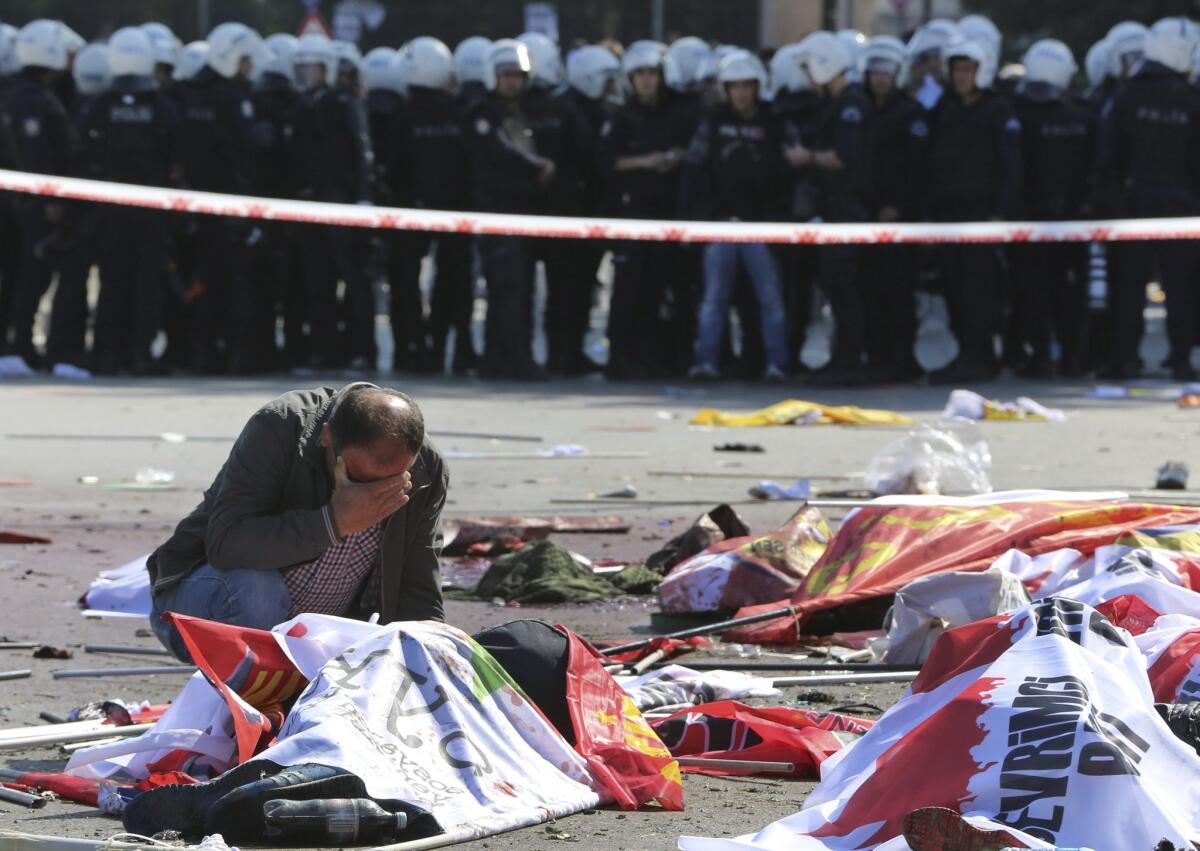
Ankara, Turkey: The Turkish capital suffered bombings that killed 34 people this month and 28 in February. An attack at a peace rally in October claimed nearly 100 lives.
Istanbul, Turkey: A suicide bomber killed four people and injured 61 in March. In January, a suicide bomber killed 10 people and injured 15.
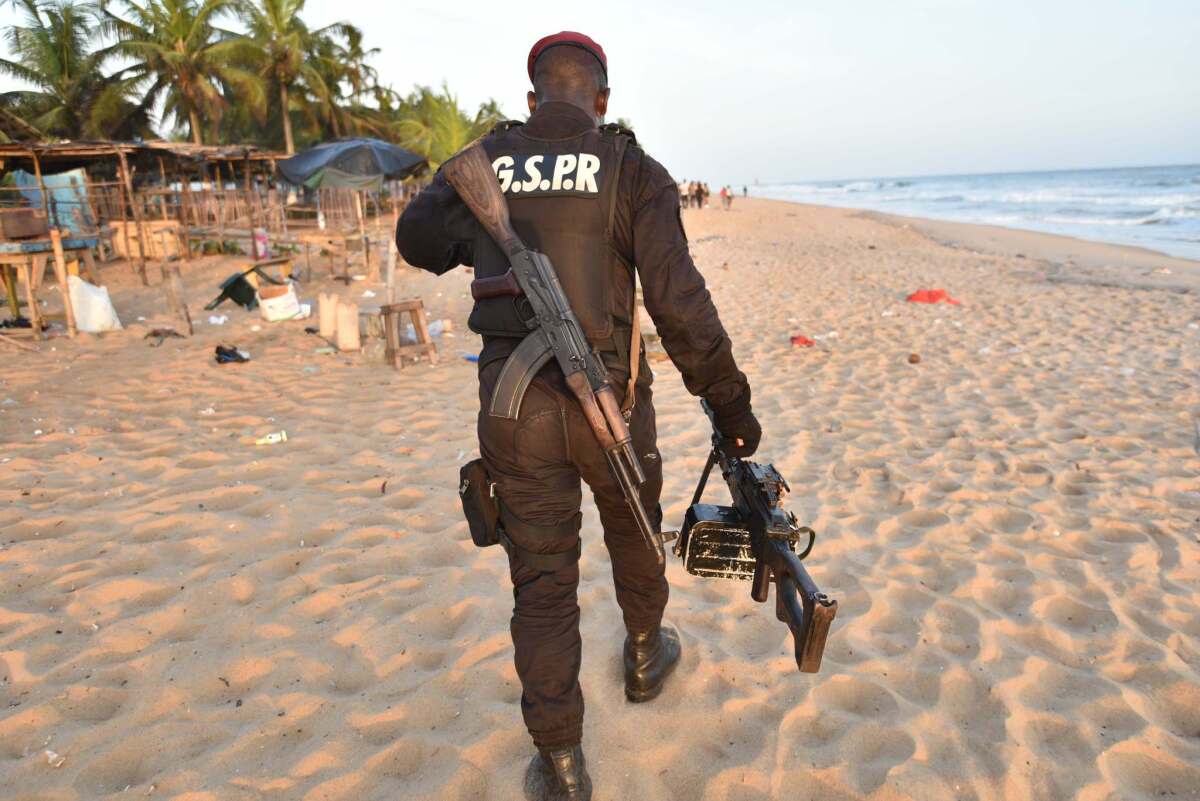
Grand Bassam, Ivory Coast: Six armed men opened fire on beachgoers in a resort city in the West African country in March, killing 19. West African countries in particular have been targeted by terrorists recently.
Ben Guerdane, Tunisia: Terrorists attacked the border town near Libya in March, killing 45.
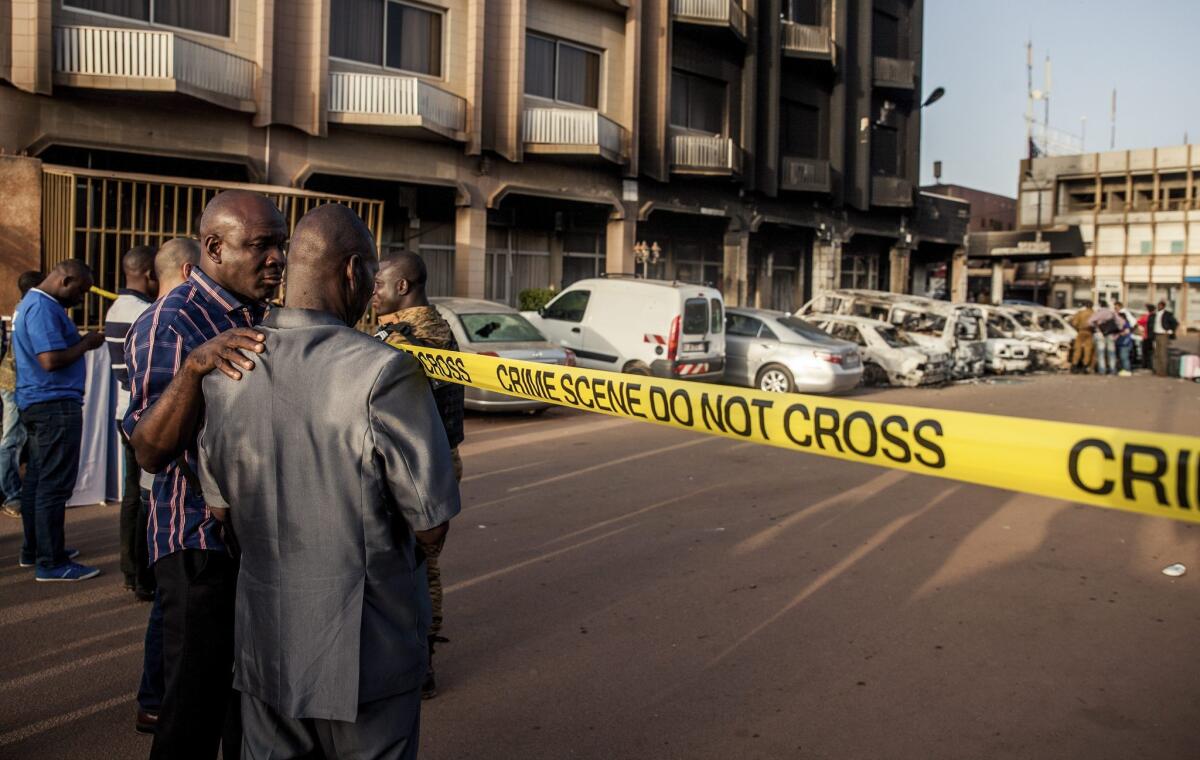
Ouagadougou, Burkina Faso: At least 28 people died in an overnight attack on a hotel and cafe in January.
Zlitan, Libya: A truck bomb exploded at a police training academy in January, killing 60.
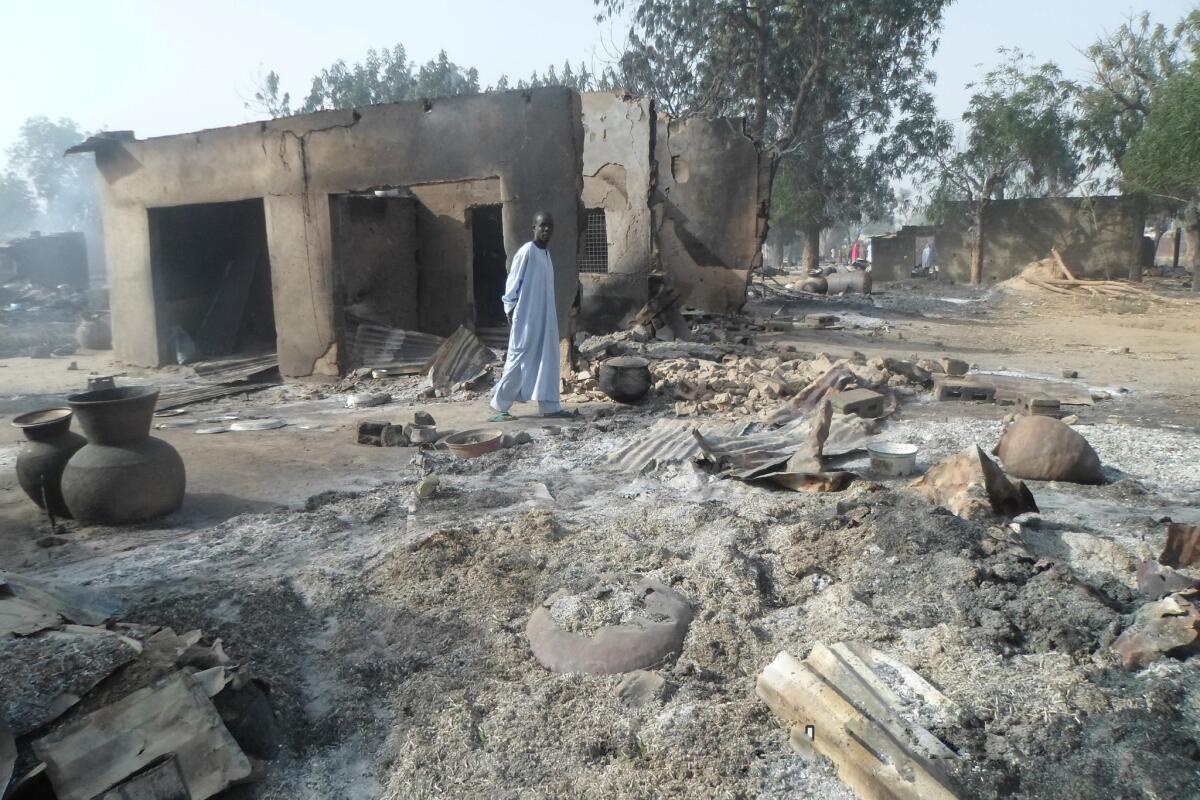
Nigeria: Boko Haram claimed responsibility for attacks in two Nigerian villages that left scores dead. In January, as many as 90 people were killed in Dalori when homes were set on fire with residents still inside. In December, at least 30 people were killed by rocket-propelled grenades and suicide bombers in Maiduguri.
Bamako, Mali: Just days after the November terrorist attack in Paris, Islamic State gunmen stormed a hotel in Mali's capital, killing an estimated 20 people. A European Union military post in the city was attacked in March, though there were no injuries.
Beirut, Lebanon: The day before the Paris attack, two suicide bombers killed 45 people in the Lebanese capital.
Follow Jessica Roy on Twitter @jessica_roy.
Sign up for Essential California
The most important California stories and recommendations in your inbox every morning.
You may occasionally receive promotional content from the Los Angeles Times.








